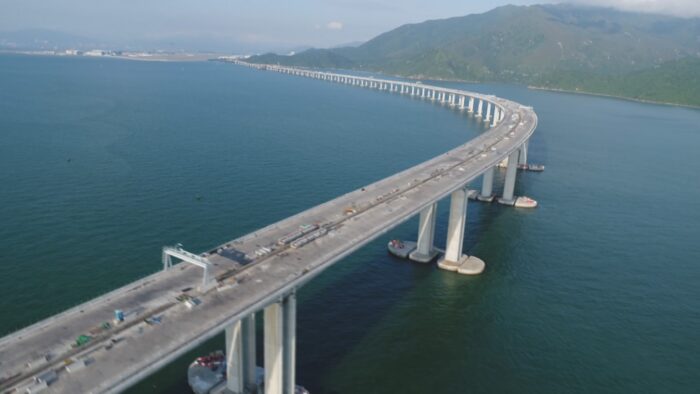
Fitch Points to GBA Economic Benefits
The Greater Bay Area initiative faces big obstacles in reaching complete incorporation, which would minimize the economic benefits, says Fitch Ratings.
The project, outlined in 2017 by Beijing, aims to build a massive trade network encompassing nine Southern Chinese cities and the Hong Kong and Macau Special Administrative Regions.
Fitch points out that, because of the "one country, two systems", method enshrined in both Hong Kong and Macau's basic law, it would be appropriate to retain three distinct legal frameworks, currencies and capital account regimes until at least 2047.
Fitch says:
“This constitutional underpinning will naturally constrain the GBA’s economic integration potential over the coming decades, as it will limit policymakers’ ability to harmonise regulations and introduce unfettered movement over the factors of production. In this regard, the GBA will fall well short of an integration project such as the European Union (EU), which aspires explicitly to a “single market.”
Fitch points to analytical analyses that measure the economic benefits from the EU single market policy by raising gross domestic product by 2% to 3%. Provided that the GBA would be a less flexible model, it says that economic growth will be at a limit of 2-3 percent.
However, longer-term Fitch observes that the entry into China's greater and more competitive economy provides strong economic and commercial advantages for both SARs.
“If implemented successfully, GBA integration will create a larger market to spur employment and growth opportunities for enterprises and residents in both SARs.”
Under the programme, Macau intends to build a world-class tourism and leisure hub. It is also charged with improving China's commercial and trading relations with the lusophone countries and diversifying its economy.
For the above, Macau intends to grow its finance sector including the growth of Mainland China's offshore bond issuing and trading network. It should also create a stock exchange denominated in the renminbi.
Analysts also said Macau will benefit from the GBA initiative, not least because of the large infrastructure projects being implemented to boost connectivity to the SAR.
Fitch states that in December Hong Kong and Macau agreed to increase quotas for private vehicles traveling through Hong Kong, Zhuhai, Macau Bridge, while northbound travel to Guangdong is also scheduled for quota-free travel.
Additional boundary crossings, including control points between Macau and Zhuhai, were added to streamline the ride. Macau is also aiming to expand its light rail to a central border control point, facilitating high-speed rail network communication with China.





